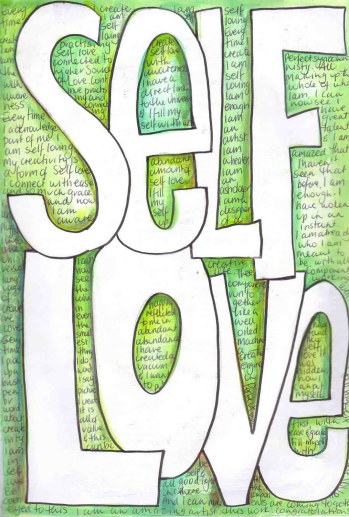I often get requests for practical day-to-day advice for caring for oneself as an activist. It's prompted me to reflect on what it means for activists to really practice self care... not just as some fluffy theoretical concept reserved for the those who can afford fancy yoga retreats, but as…
-
-
Response to “An End to Self Care”: How About “An End to the Activist Martyr Complex?”
An articled called, "An End to Self Care" was recently published, in which an activist proposed bringing an end to all the individualism behind "self-care" and, instead, called for sustainable community care. His piece (and some of its praise) reminded me why I've made it a point to stay away…

